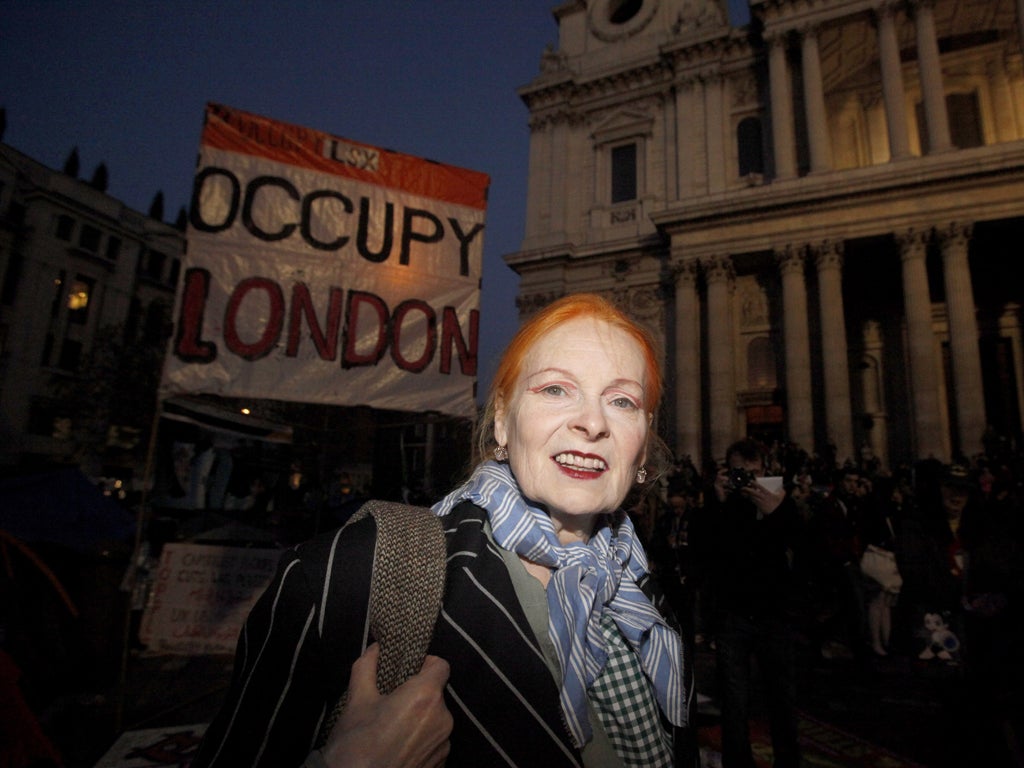Demonstrations' to be banned during Olympics'
Ministers ponder tough new powers to prevent Occupy-style protests interfering with Games

Ministers are planning legal action to restrict public protests during the Olympics, amid fears that Britain could be disrupted by lengthy and high-profile demonstrations.
The Home Office is so concerned about the impact of the stalemate over the Occupy London (OLSX) encampment outside St Paul's Cathedral that officials have been ordered to produce plans for avoiding a similar conflict during the Games next summer.
Ministers' plans, based on the measures put in place to remove long-term protesters from outside Parliament, includes identifying "exclusion zones" around key locations, and fast-tracking the removal of protests that do not have the blessing of the authorities. It would permit police to move in and disperse encampments quickly, in line with last week's clearance of the Occupy Wall Street camp in New York.
Protesters and legal experts condemned the moves as an assault on the right to peaceful protest. An OLSX spokeswoman, Naomi Colvin, said: "If the Government wants to do something that will restrict the right of peaceful protest, it will be in serious trouble. The coalition appears to be abandoning any attempt to behave like a democratic government."
Police have been given enhanced powers to act against protests at the Olympics since the Games were awarded to London six years ago, including the right to enter private homes and seize political posters. However, the St Paul's protest and the difficulties resolving the ensuing row raised further concerns about potential threats to the Games.
A senior Home Office source said the department had drawn up a series of proposals, largely based on the Police Reform and Social Responsibility Act 2011, that pave the way for the removal of protests and encampments in Parliament Square. The responsibility for taking legal action against protests and encampments would be transferred from landowners to public authorities.
"The threat from protests was always a danger during planning for the Olympics, but the St Paul's protest has shoved it up the agenda," the source said. "It is not just embarrassing, it can be a threat to security."
Colin Hay, professor of political analysis at Sheffield University, said the measures were in line with often controversial pre-Olympic preparations seen elsewhere. He added: "There is nothing better designed to prompt a wave of peaceful protest than the prospect of legislation designed to limit the opportunities for such protest."
Dame Vivienne Westwood yesterday rallied the anti-capitalist protesters outside St Paul's with a demand for young people to step off the "consumer treadmill" and "get a life". In a speech at the encampment, the fashion designer said: "You have to have culture to get a life. You have to have perspective to have [a reasoned] opinion."
Additional reporting by Paul Cahalan
Join our commenting forum
Join thought-provoking conversations, follow other Independent readers and see their replies
0Comments